The son’s interview for the Sputnik News
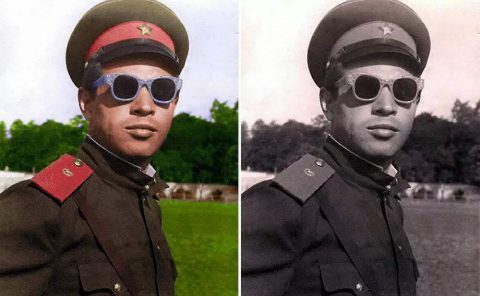 September 18th was the birthday of Leonid Mikhailovich Kharitonov. In this regard, the news agency “Sputnik News International” (the part of “Russia Today”) published an article on its website today in which Mikhail, the youngest son of Leonid Kharitonov, answer the agency’s questions and tell them about his father’s legacy on the day of his memory. We hope that you’ll enjoy it!
September 18th was the birthday of Leonid Mikhailovich Kharitonov. In this regard, the news agency “Sputnik News International” (the part of “Russia Today”) published an article on its website today in which Mikhail, the youngest son of Leonid Kharitonov, answer the agency’s questions and tell them about his father’s legacy on the day of his memory. We hope that you’ll enjoy it!“Leonid Kharitonov, Famed Soloist To Alexandrov Ensemble, An Unheralded Gem Of Russian Culture – Son”
Three years after the anniversary of his death, fans continue to celebrate the legacy of one of Russia’s most prominent vocalists – a young man from the Irkutsk region of Siberia who dreamed of a career as a singer and later, joined an ensemble widely recognised as the spirit of Soviet culture.
Sputnik spoke to Mikhail Kharitonov, son of Leonid Kharitonov, on his father’s life and career as one of Russia’s most prolific vocalists. Born on 18 September 1933, Leonid joined the Alexandrov Ensemble in 1953, leading to a career spanning half a century as well as numerous continents and several honorary titles.
SPUTNIK: Could you tell us about Leonid Kharitonov’s most memorable performance as part of the Alexandrov Ensemble?
Mikhail Kharitonov: My father always remembered three of them, the first being his solo debut ‘The Cliff’ performed at the Palace of Congresses in 1965 for the Soviet government, including former general-secretary Leonid Brezhnev.
This concert was memorable because it was his first performance as a soloist, which was critically acclaimed by the audience. As my father told me, Brezhnev had even shed a tear after listening to the song.
It was also a major step up for his career because he was later recognised as an Honoured Artist of the of the Soviet Union, which also gave him a boost because he had become a soloist and later, a solo artist, after ten years of being a choir singer, leading to his rise to stardom and allowing him to become one of the Ensemble’s lead singer for future concerts.
Secondly, he cites his performance of ‘Dark-Eyed Cossack Girl’ in 1967 at London’s Royal Albert Hall. Before going there, the Choir rehearsed and Matvey Blanter, who composed the song, asked my father to perform it.
He was the first to sing the song, which hadn’t been performed in front of an audience before, but Boris Alexandrov suggested doing an impromptu performance at the end of the concert. The song turned out to be a major hit!
The third was one that took place in Paris along with Mireille Mathieu. She rehearsed the song «Quand fera-t-il jour, camarade?» with the Alexandrov Ensemble, and the author’s vision was that she sing it with him as a duet, with each performer alternating verses.
Despite rehearsing the song, Mathieu refused to do it, saying she felt overshadowed by Leonid’s voice, so he ended up doing the song as a soloist for the first concert. But Mirelle later joined in numerous performances afterwards.
SPUTNIK: You mentioned Mireille Mathieu, what other famous singers did Leonid Kharitonov like to perform? Did he have any idols?
Mikhail Kharitonov: As a young boy, he fell in love with the music of Feodor Chaliapin while listening to the artist while in the Irkutsk region. He wondered who the voice belonged to and after finding out it was Chaliapin’s, fell in love with singing and dreamed of starting his own career in music.
He would visit the shores of Lake Baikal and sing there as a young man to develop his voice. He was hesitant to perform in front of others, so he sang to himself. But my father was so impressed with Chaliapin’s voice that he idolised him as a kind of mentor, learning a lot about the famous bassist in terms of singing.
But despite his admiration for Chaliapin, he refused to copy or mimic him, and preferred to perform in his own way.
Kharitonov later met his second idol, Sergei Lemeshev, and presented him with a recording and later, invited him to one of his concerts. But Lemeshev died a day before it took place, in 1977. The news was devastating as my father had looked up to the famed tenor his entire life.
Composers were also instrumental in helping my father, as they had the final say at the time. They set the Ensemble’s direction and were members of the artistic expert board, including Anatoly Novikov, Serafim Tulikov, Matvey Blanter and others, all who had their say on the repertoire and other important matters.
Mr Blanter was close to Leonid, who regarded him as a father figure. Blanter wrote a lot of songs for him, including the Russian Gypsy romance song ‘Beast Horses’, and was one of my father’s biggest patrons.
But the person that influenced him the most was Boris Alexandrov, who was a maître, professional of the craft and brilliant arranger, composer and conductor. He was also the son of Alexander Alexandrov, who wrote the Soviet Union national anthem, which later became the anthem for the Russian Federation.
Boris taught my father everything: from how to command the stage and work as a team, to discipline and vocals. The Ensemble was very vocally strong at the time, but the strength of the group began to wane in the 70s and 80s.
But I do think that 1950s-1970s were the Ensembles golden years, and there will never be singers like the ones the Choir had back then. Such singers don’t exist today due to a different level of training then. They were graduates of music conservatories, performed at the Bolshoy Theatre, were Gnessin State Musical College graduates, and so on.
The Choir’s lead singers could have excelled in Italy and become world-famous. They had talented teachers such as Evgeniy Kanger, their accompanist and vocal coach, who trained lead singers and deeply influenced my father.
SPUTNIK: Could you tell us about Leonid Kharitonov’s major awards?
Mikhail Kharitonov: As before, he was awarded the title of Honoured Artist of the Soviet Union and later, People’s Artist of the Soviet Union, along with several singing competitions.
It’s important to note that there was a conflict between Leonid Brezhnev’s daughter and my father in mid-1980s. She fancied my father, who was married and had kids, leading to numerous problems. He wasn’t allowed abroad and could no longer receive awards, and even failed to appear on TV for some time.
But those problems seemingly disappeared in the 1990s under [Russian president Boris Yeltsin]. It was a rather difficult period in his life in terms of his solo career. He left the Alexandrov Ensemble in 1972 and ventured into his solo career, which was quite successful until the mid-1980s when his career entered its slow phase.
He resumed performances in the 1990s until 2006, when he had two major surgeries to treat cancer and later, for coronary artery bypass surgery after suffering four heart attacks. He was later registered as disabled and ceased to perform. He died after his fifth heart attack in 2017.
He was a strong Siberian, both physically and in spirit, and also an outstanding person as well as a brilliant vocalist. One can see from YouTube comments that he was gifted and that people from all of the world spoke highly about his distinct bass-baritone singing voice.
He was also an amazing actor, which was a pleasure to watch during his concerts and could be noted in his ‘Dark-Eyed Cossack Girl’ performance. He always lived through every song he performed.
SPUTNIK: You spoke of Leonid Kharitonov’s spirit. What was his reaction to the December 2016 tragedy when 64 members of the Alexandrov Ensemble died in a plane crash in Sochi? What did he feel having lost so many friends and colleagues? How did the Ensemble recover from that tragedy?
Mikhail Kharitonov: By the time the tragedy struck in 2016, my father knew almost no one from the Ensemble besides a few people from the Choir’s golden years in the 1960s. Many of them were coaches or managers like Victor Kadinov or Konstantin Lisovskiy, who used to be the lead singer and later, head vocal coach.
Nevertheless, the Ensemble meant a lot to my father, where he began his career. He had spent 20 years of his life with the group and always held warm feelings towards the Ensemble, who also remembered him well, and his colleagues kept in touch by phone and postcards.
But hearing the news was a tragic moment for my father, who became depressed for about three days. I had informed him of the plane crash and he asked me to record his videos expressing his shock and condolences.
The Ensemble has fully recovered with a fresh, young cast of singers and performers. While I think they have room to grow and are much at the start of their career, the Ensemble lives on, and the tragedy didn’t result in its demise.
Sputnik: What would you like to say about his legacy, as well as about the importance of remembering and honouring his art? How can one learn about him and his art, and where can one find records of his performances?
Mikhail Kharitonov: As before, the Ensemble no longer has the training it used to have. Back then, there were strong singers that learnt the true craft, but today, no such coaches, trainers and music exists.
Unfortunately, the music isn’t as popular today, and isn’t broadcast in the media or on TV. The broadcasts of today are rather mediocre, proving again that people such as my father or the Ensemble’s singers at the time, like Evgeniy Belyaev, Alexey Sergeev or Georgy Andryushchenko, could have been world-class opera singers and gems of Russian culture.
There are museums of Russian art and riches, like the Faceted Chamber or Diamond Treasury, but the same applies to art as it’s something we need to preserve. No media reported of my father’s death or remembered him. He died quietly, surrounded by his family and a few colleagues from the Ensemble.
This is what saddens me, because the memory of these people should be preserved. Despite this, there is a lot of information in the fund of the All-Russia State Television and Radio Broadcasting Company, including recordings of my father, which have never been broadcast.
One can find recordings and information at my Facebook accounts and YouTube channel, which I began posting while my father was still alive. He was amazed at how the Internet had made him famous again, despite being forgotten in Russia and abroad. I began posting his photos and stories, with people showing increased interest.
Unfortunately, 80 percent of those showing interest are foreigners and there are much less in Russia, but many say they remembered my father and others have discovered his legacy, considering him one of Russia’s best singers.
SPUTNIK: What do you think should be done to return to the past levels of opera singing training and inspire a renewed interest in it?
Mikhail Kharitonov: Regarding a return to past levels of vocal training, it’s difficult to say as there are still some good vocal coaches. Back then, there was a rigorous selection process and the Choir looked for gifted singers from all over the country.
But as far as I know now, we don’t have any more and the system is quite different. I personally don’t know how to revive the level of training we used to have and it will be an impossibility until some talented vocal coaches appear.
We should also promote classical opera singing, show recordings and educate the next generation of signers of past ones and their unique features. We should promote the music, because the youth turn to simpler music, but could turn to something more serious and meaningful as they get older, which is a natural process.
If we don’t educate the next generation of talent, they will never learn of it, but doing so will help some enjoy the genre and grow the number of fans, and educated people can study it as others have studied art. We should write and speak about such artists to memorialise them.
For example, I wanted to set up a monument to my father in his hometown with a memorial tablet on the house where he live, but it was impossible to do so I gave up on these ideas.
We should certainly build things to teach their legacy to others as the more these things exist, the more interest there will be amongs young people. But without doing so, they will never know. So, we should promote these unheralded gems of Russian culture and preserve them.
There’s so much to learn from them, and they could serve as examples the same as Chaliapin did to my father and others learning about opera singing. But I feel that today, there’s a disregard of these people. They are forgotten.
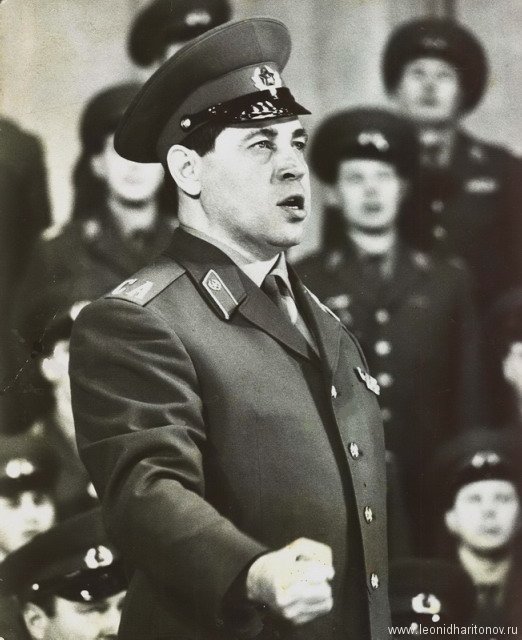
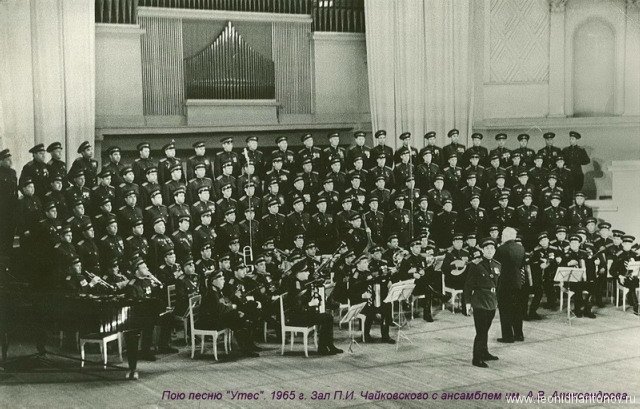
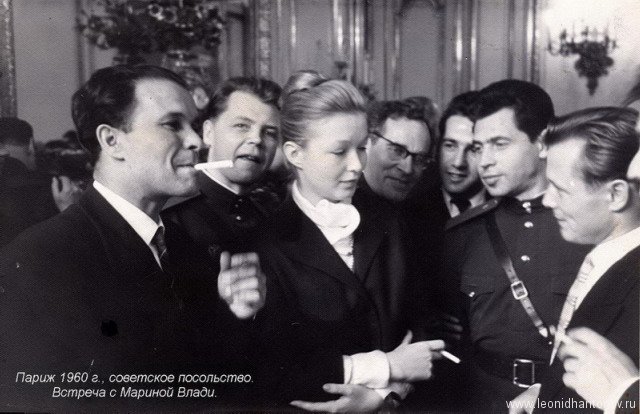
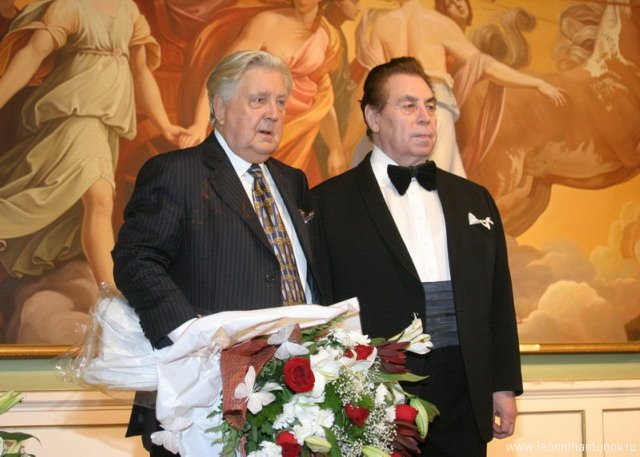
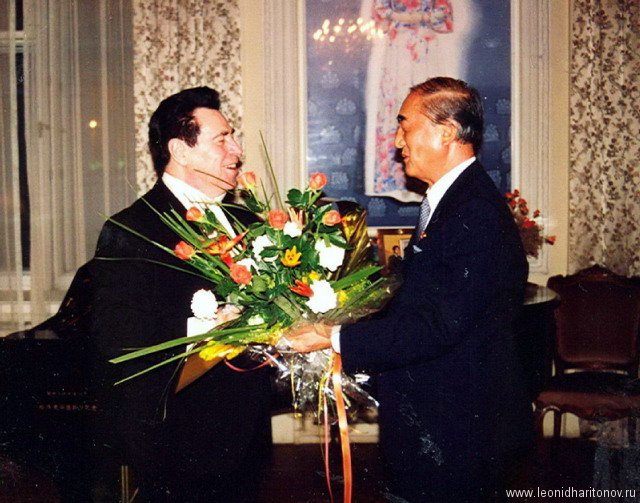
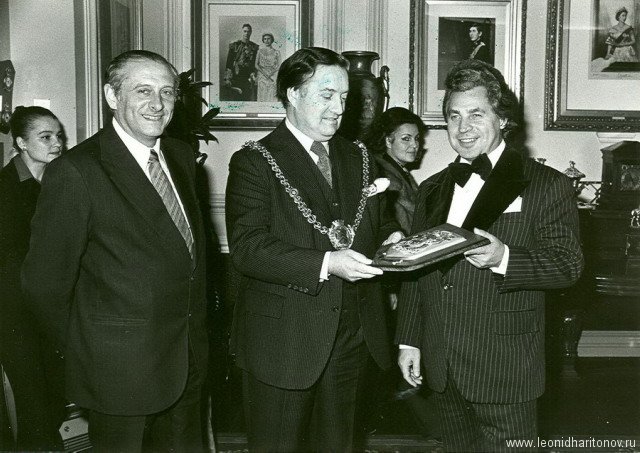
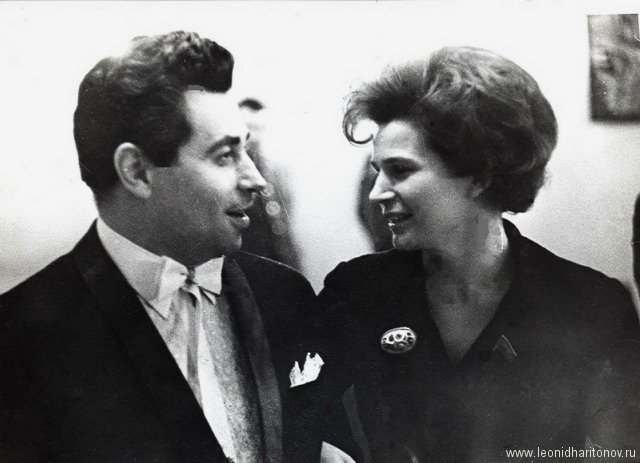

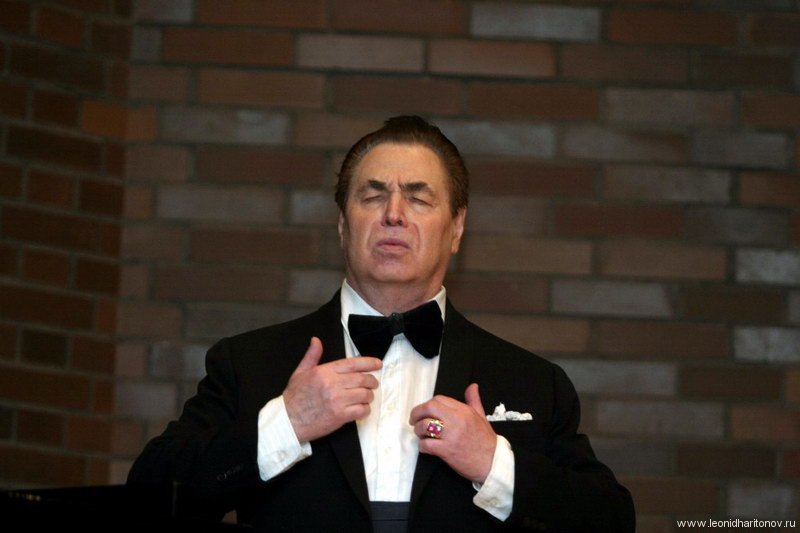
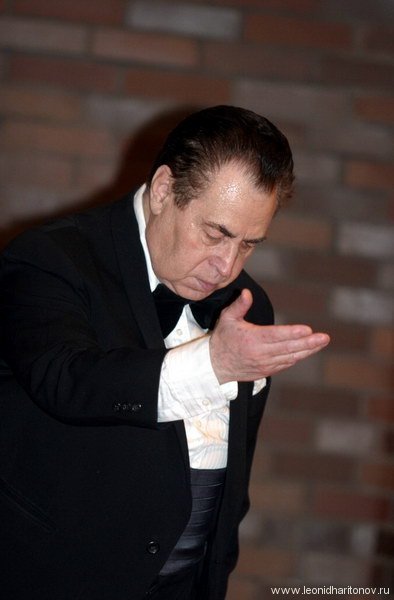
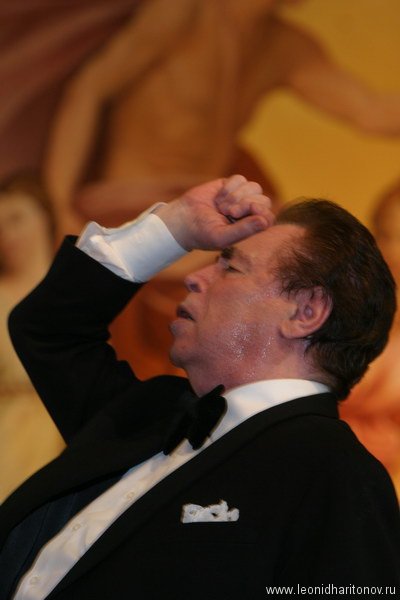
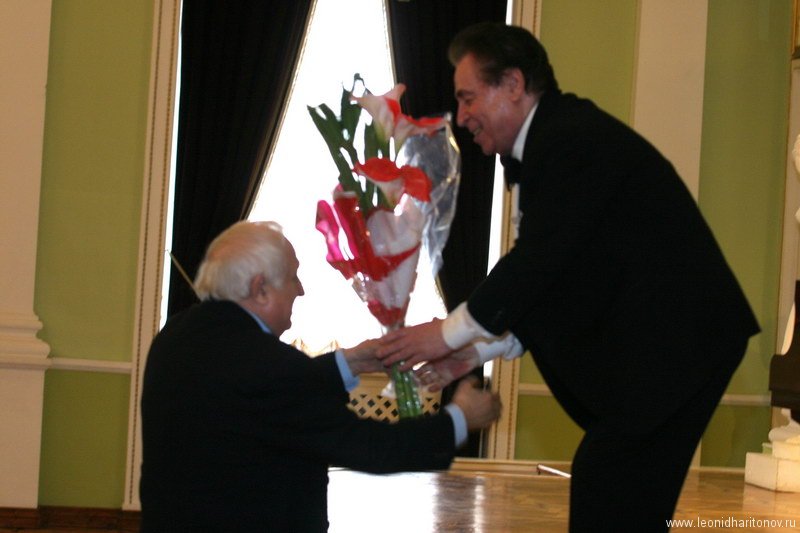
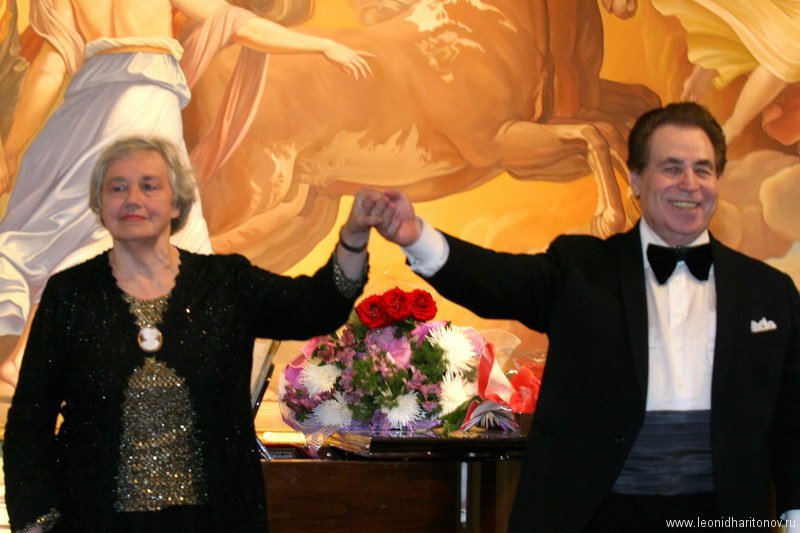
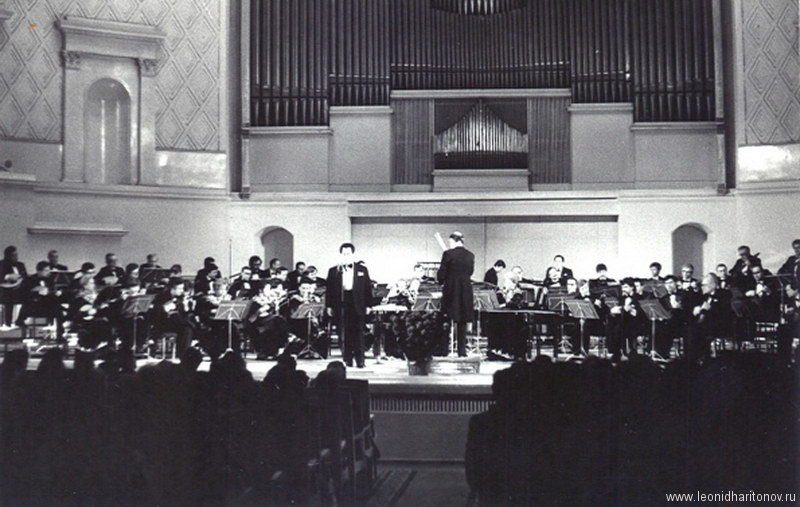
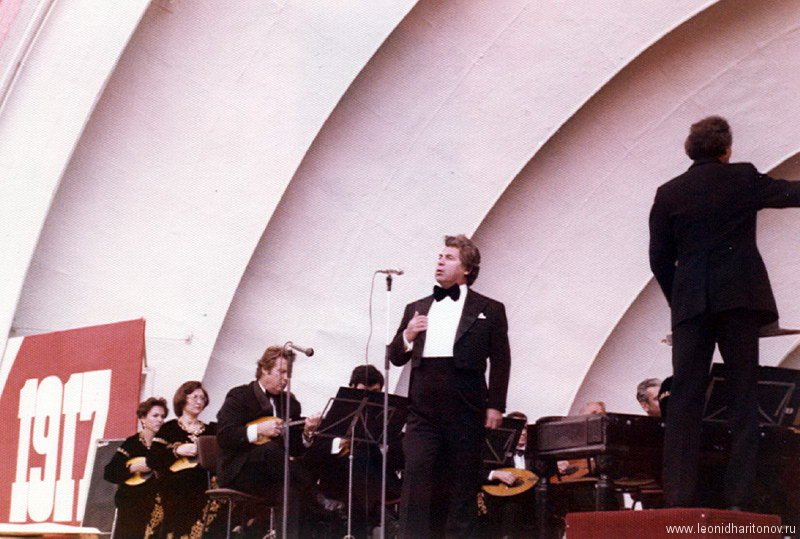
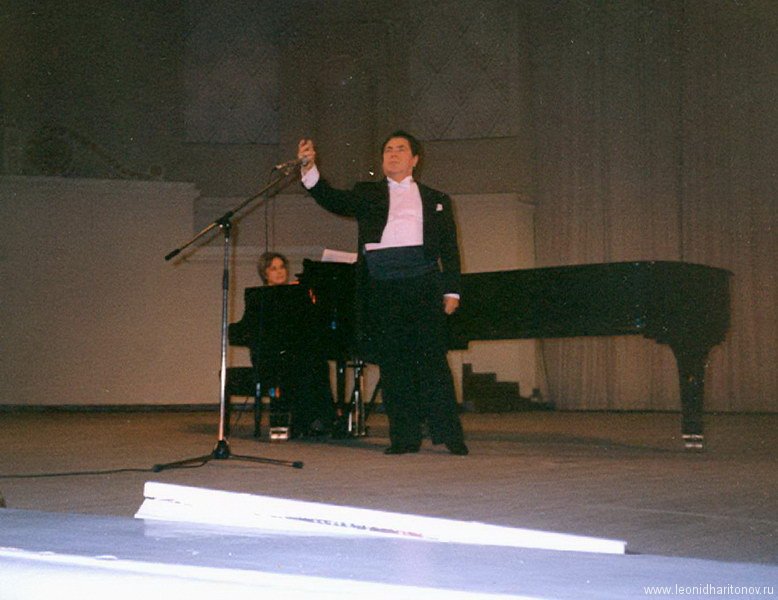
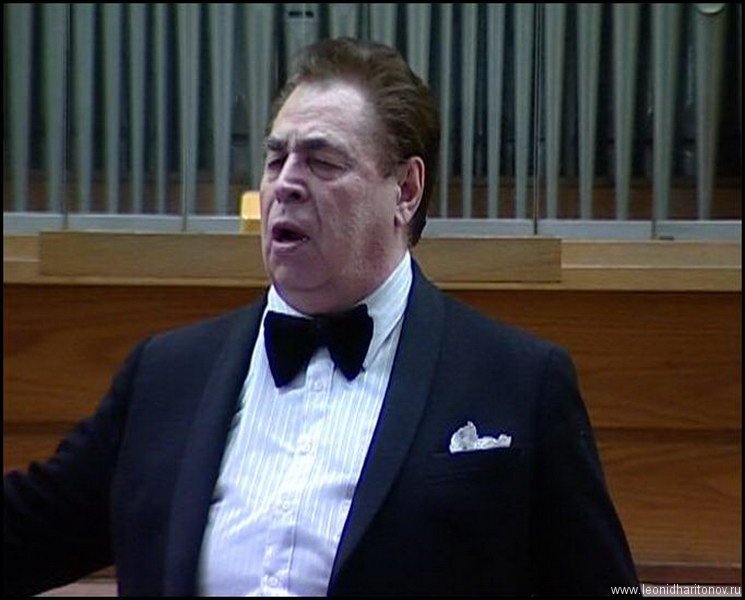
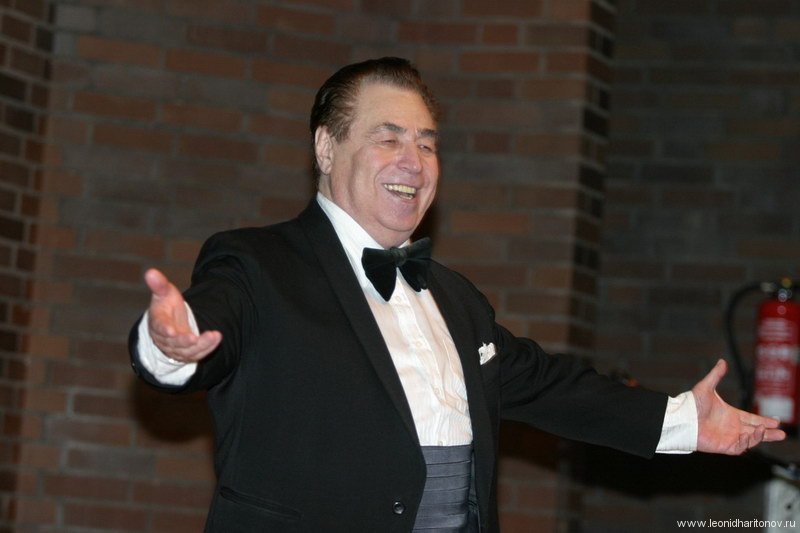
truly unexpected but welcomed interview
Patti is right. A phenomenal voice. But as you noted by sayng “80% are foreigners”, no man is a prophet in his own country. Your YouTube channel is a great way to memorialize his life and work, and get his music to a broad audience.Happy i found him singing on Youtube!!!
Thank you,Patti!
Thank you for sharing this sweet intervieuw of this great charismatic singer
Thank you for inviting me to read this. A phenomenal voice. But as you noted by sayng “80% are foreigners”, no man is a prophet in his own country. Your YouTube channel is a great way to memorialize his life and work, and get his music to a broad audience. God bless.
A wonderful interview ^^